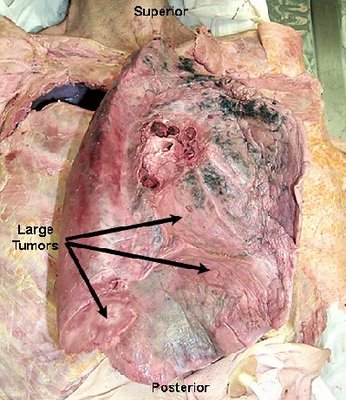 | As a rule, immunizations are best avoided during oregnancy. Several factorsenter into the decision about imunizing a pregnant woman against an infectious discase, including the possibility of disease exposure, the effect on woman and fetus if the disease is contracted, susceptibility to the disease, and risk to the fetus from the immunization. Immunoglobins, toxoids, and killed or inactivated be given during pregnancy unless the risk of exposure and illness clearly outweighs the risks of the vaccine itself. |
The live virus MMR vaccine (measle, mumps, and rubella) is contraindicated during pregancy. There is a well-established risk from these disease. About 10% of reproductive age women are suspectible to rubella, either because they were never vaccinated or their immunity has waned. The centers for disease Control have monitored fetal effects of rubella vaccination since 1971. In over 300 susceptible women who were immunized within 3 months of conception and whose pregnancies went to term , there were no fetal abnormalities (Cunning-ham et al.1993). pregnancy should be avoided for 3 months after rubella vaccination , even though there is no documentation of congenital rubella syndrome (CRS:Scott et al. 1993).
Pregnant women with chronic cardiac, pulmonary, or metabolic diseases should be evaluated carefully for immunization against influenza and pneumonia.
The nurse advises the pregnant women to minimize expsure to infectious diseases when travelling. Any febrile illness or rash should be reported to the physicians without delay.
Clients are educated about updating immuzations after delivery to reduce future risk. After receiving live organism vaccinations, clients are advised to avoid conception for recommended time.
Taken from : assesment and management in the antepartum period book
http://purba-java.blogspot.com/2010/05/immunizations-during-pregnancy.html
















No comments:
Post a Comment